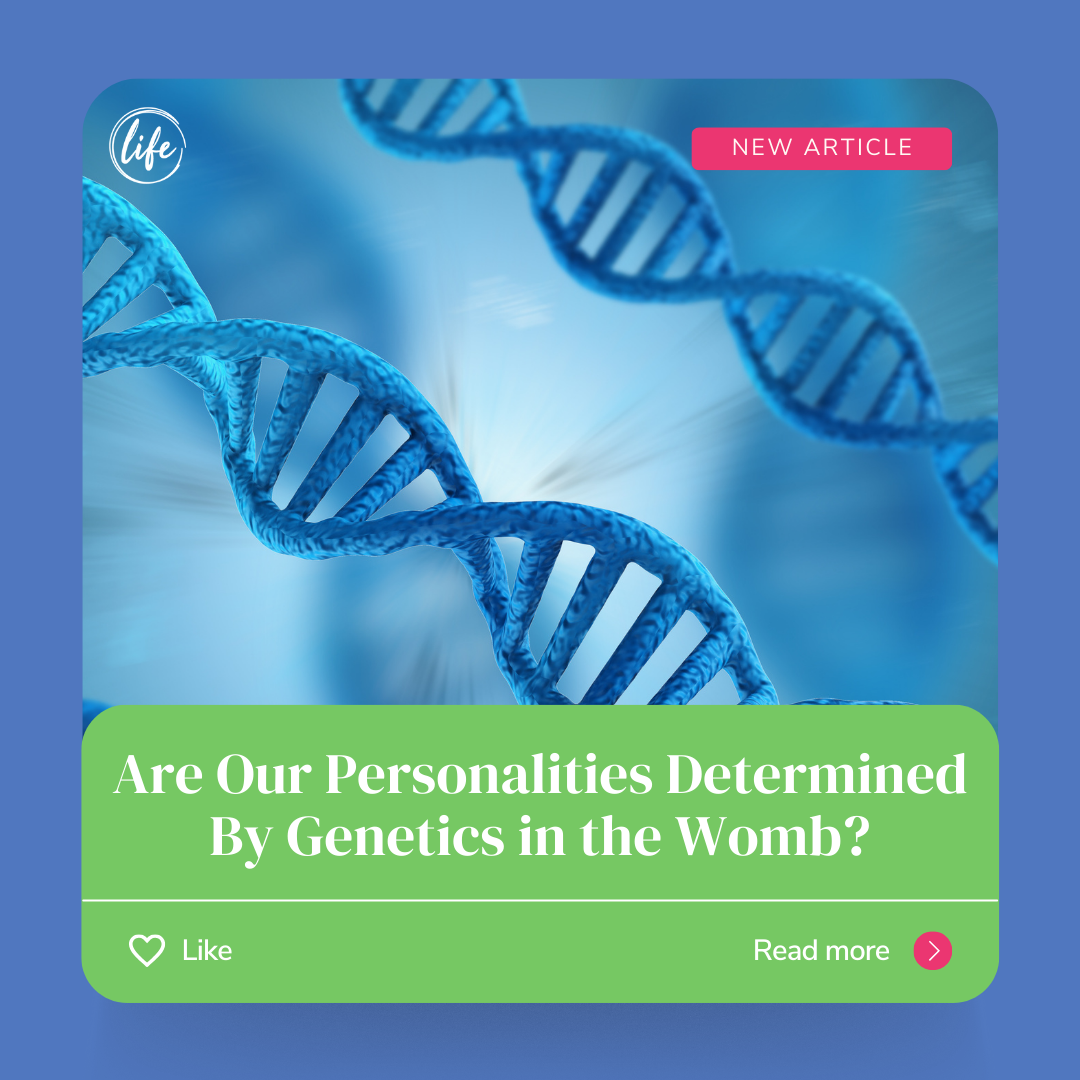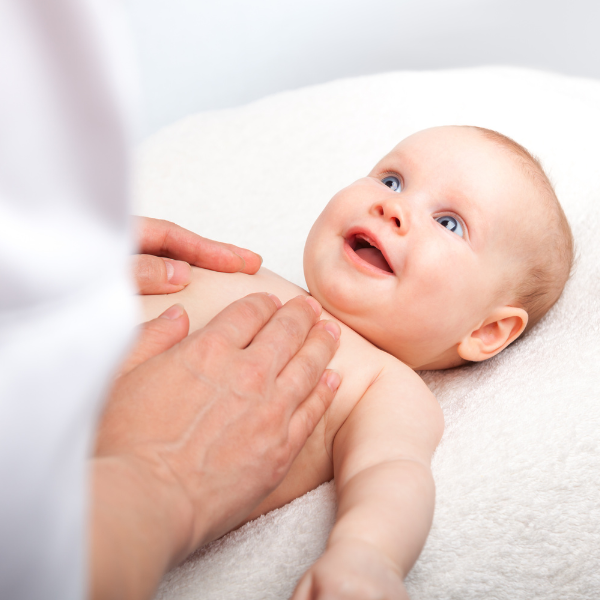
 At conception, genetics determine a number of things, such as our hair/eye color, sex, and blood type. But what about our personalities? Are our personalities determined by genetics in the womb or shaped by life experiences? Let’s explore this topic:
At conception, genetics determine a number of things, such as our hair/eye color, sex, and blood type. But what about our personalities? Are our personalities determined by genetics in the womb or shaped by life experiences? Let’s explore this topic:
Temperament & Genetics
Temperament refers to one’s tendency to be either outgoing or shy, resilient or easily discouraged, relaxed or reactive, etc. According to Medline Plus, scientists estimate that 20-60% of our temperament is determined by genetics. Studies show that identical twins tend to have similar temperaments while non-twin siblings differ more.
Scientists have identified a number of gene variations that impact temperament, including KATNAL2 and PCDH15 & WSCD2. These specific genes affect discipline and sociability respectively.
Environmental factors can influence how these genes manifest in one’s life. If a child with a genetically calm, relaxed temperament is raised in a safe, regulated household, they will likely be very easy-going. If a child possesses gene variations linked to reactivity and impulsivity, they will likely experience heightened activation in an abusive, violent home.
Why Is This Important?
Temperament is a large part of what makes each of us who we are — a foundational piece of one’s identity. So why is it important to acknowledge that yet another piece of our identity may be present at conception? The concept of identity is central in the pro-choice “personhood” argument.
Many choice proponents believe that a fetus may be a genetic human but it is not a person; meanwhile, a fully developed woman is a person because she exists outside the womb and has a personality, interests, life experiences, relationships, and more. Let’s dissect this!
Insisting that there is a difference between a “human” and a “person” is a blatant fallacy. Merriam-Webster, the most trusted dictionary in the United States, defines “person” as “human, individual.“ Furthermore, to minimize the very existence of an unborn baby to nothing more than a clump of human cells is to deny the scientific truth that much of our core identity is present at conception. Scientifically, and as a matter of common usage, a person is a human and a human is a person.
For choice proponents, many of the factors they believe make a grown woman a “person”, including her personality, are present at conception. An unborn baby already possesses the gene variations that make them who they are not only physically but mentally and emotionally. “Zygote”, “blastocyst”, “embryo”, and “fetus” are simply scientific terms for those stages of the developing human being — just as later we use terms like “infant”, “toddler”, “preteen”, “adolescent”, “adult”, etc. The terminology does not signify a change in genetic identity. There is nothing new added genetically after conception. You are a unique individual at conception.
Learn more about the various stages of fetal development (conception, first, second, and third trimester) and don’t forget to follow us on social media (Facebook, Instagram, and TikTok).